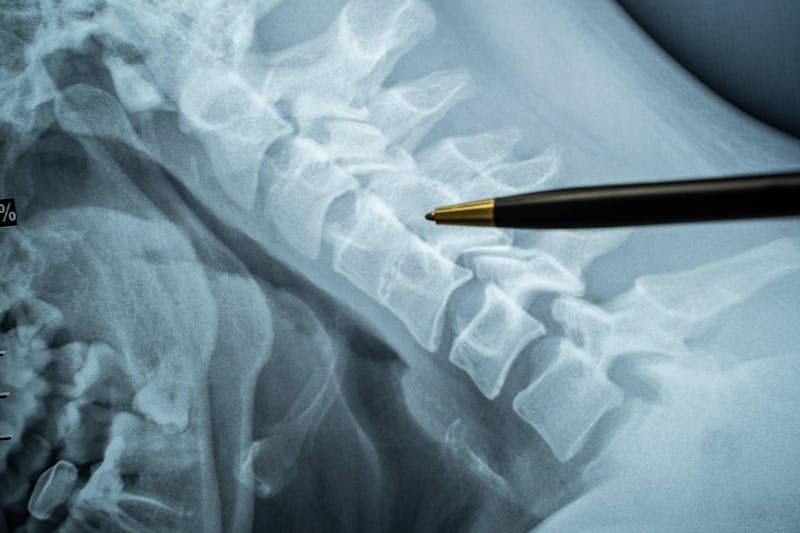
Suffering a work-related injury or illness is devastating. Many victims suffer serious injuries that temporarily or permanently prevent them from returning to work, so they rely on workers’ compensation benefits to make ends meet. This is why so many injured workers who are in this situation may worry that they will exhaust their workers’ compensation benefits at some point, leaving them unable to cover their living expenses.
How long will workers’ compensation benefits continue? How can a Tampa workers’ compensation attorney help if your benefits end prematurely? Keep reading to learn the answers to these questions and more.
Temporary Disability vs. Permanent Disability Benefits: What’s the Difference?
It’s important to understand the difference between temporary disability and permanent disability benefits before learning how long you will continue to receive these workers’ compensation benefits.

Both temporary and permanent disability benefits are wage replacement benefits, which means they are awarded to injured workers who have lost income as a result of work-related injuries. You must understand which type of benefits you qualify for in order to determine how long your workers’ compensation benefits will continue.
There are two types of temporary disability benefits: temporary total disability (TTD) and temporary partial disability (TPD). TTD benefits are awarded to victims who are temporarily unable to perform any type of work due to their work-related injuries. On the other hand, TPD benefits are awarded to victims who can perform work with certain restrictions, but are unable to earn their pre-injury wages due to these restrictions.
There are two types of permanent disability benefits: permanent total disability (PTD) and permanent impairment (PI). PTD benefits are awarded to victims who can never return to work as a result of a permanent disability caused by their work-related injuries. PI benefits are awarded to victims who have suffered work-related injuries that have led to a permanent loss of function or impairment. These victims are still able to work, but they have been permanently affected by their injuries nonetheless.
How Long Will You Continue to Receive Temporary Disability Benefits?
Both TPD and TTD benefits will stop after 104 weeks or once you have reached maximum medical improvement, whichever occurs first.
Maximum medical improvement is defined as the point where your condition has stabilized and you are no longer expected to make any further improvements even if you continue to receive medical care. At this point, a physician will need to evaluate you to determine whether or not you qualify for permanent disability benefits, which is why temporary disability benefits come to an end.

In most cases, temporary disability benefits stop after 104 weeks or once the victim has reached maximum medical improvement. But the law states that insurance companies can stop temporary disability benefits earlier if the victim does not follow certain rules.
For instance, as an injured worker, you are responsible for attending your doctor’s appointments and following the doctor’s orders. Failing to fulfill this responsibility could result in the termination of your temporary disability benefits.
If your physician says you can return to work, you are legally obligated to follow this order. If you don’t return to work after being cleared to do so, you could lose your temporary disability benefits.
This means you should not simply stop going to work if you believe that your return to work has made your injury even worse. Instead, it’s best to talk to your physician about your concerns. Your physician may need to adjust your return to work restrictions or revoke your clearance to return to work.
How Long Will You Continue to Receive Permanent Disability Benefits?
You will continue to receive PTD benefits for as long as you are permanently and totally disabled. If your condition improves in the future, these benefits may stop if you are no longer considered permanently and totally disabled.

For example, if you are able to return to work in the future, your benefits may stop since you are no longer considered permanently disabled.
The rules regarding when PI benefits end are a bit more complex. The length of time that you will continue to receive PI benefits will vary depending on your impairment rating, which is a percentage assigned by your physician that indicates the degree of your physical impairment.
Here’s how it works:
- You are entitled to two weeks of PI benefits for every impairment percentage point from 1% up to and including 10%.
- You are entitled to three weeks of PI benefits for every impairment percentage point from 11% up to and including 15%.
- You are entitled to four weeks of PI benefits for every impairment percentage point from 16% up to and including 20%.
- You are entitled to six weeks of PI benefits for every impairment percentage point from 21% and higher.
For example, say your physician assigns you an impairment rating of 11%. You are entitled to two weeks of PI benefits for every percentage point from 1-10% and three weeks of benefits for every percentage point from 11-15%. This means you are entitled to 20 weeks for the first 10% and 3 weeks for the additional 1%, so you will receive 23 weeks of PI benefits.
Seek Legal Representation From An Experienced Workers’ Compensation Attorney
If you have suffered a work-related injury or illness, it’s important to seek legal representation from a skilled workers’ compensation attorney at Carlson Meissner Hart & Hayslett as soon as possible. Our attorneys, who have over 125 years of combined legal experience, know what it takes to obtain the maximum benefits available for injured workers. We are committed to protecting the rights of injured workers throughout the greater Tampa Bay area.
Learn more about how we can help during a free initial consultation. To schedule a free consultation regarding your case, call our law firm today.

